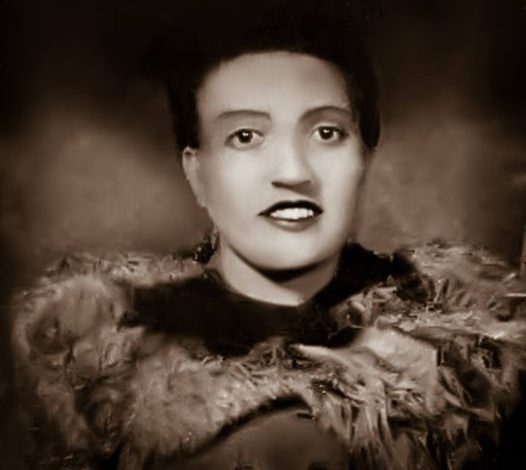Unraveling the Untold Story of Henrietta Lacks and Medical Marvels

Henrietta Lacks was an African-American woman from Virginia, USA, who sought medical treatment for cervical cancer at Johns Hopkins Hospital in Baltimore. During her treatment, a small sample of her cancer cells was taken without her knowledge or consent for research purposes. These cells turned out to be highly unique and had an extraordinary ability to divide and multiply outside the human body. This property allowed her cells to be the first immortal human cell line, meaning they could be continuously grown and studied in a laboratory setting.
The cell line derived from Henrietta Lacks’ cells is known as “HeLa cells,” a name derived from the first two letters of her first and last names. HeLa cells have been invaluable to medical research, contributing to groundbreaking discoveries and developments in fields like cancer research, virology, genetics, and many others. They played a significant role in the development of the polio vaccine, in-vitro fertilization, and cancer treatments.
Henrietta Lacks’ contribution to science was largely unrecognized for many years, and her identity was only revealed to the public in the 1970s. Her story sparked discussions about medical ethics, patient consent, and the rights of individuals whose cells are used for research without their knowledge or consent.
In recent years, there have been efforts to acknowledge Henrietta Lacks’ legacy and ensure that her family benefits from her cell line’s commercial use. Her story has also inspired books, documentaries, and discussions about the complex relationship between medical research and patients’ rights.
In 2021, the family of Henrietta Lacks filed a lawsuit against Thermo Fisher Scientific, a biotechnology company, accusing them of profiting from the unauthorized use of Henrietta Lacks’ cells. The lawsuit alleged that the company made billions of dollars from a medical system that historically exploited Black individuals, including Henrietta Lacks. The family claimed that the use of Henrietta Lacks’ cells without her knowledge or consent was a violation of her rights and demanded justice and compensation for the commercial benefits derived from her cells. The HeLa cell line has had a significant impact on scientific advancements, including the development of polio and COVID-19 vaccines, as well as genetic mapping.
The lawsuit brought attention to the broader issues of medical ethics, informed consent, and racial disparities in medical research and healthcare. It highlighted the historical exploitation and mistreatment of Black people in medical experimentation and raised questions about the ownership and commercialization of human biological materials.
In 2023, the family settled with Thermo Fisher Scientific in a closed-door negotiation that included some of Lacks’ grandchildren. The terms of the agreement remain confidential.
Henrietta Lacks’ story gained public attention through the bestselling book “The Immortal Life of Henrietta Lacks” by Rebecca Skloot and a 2017 HBO movie featuring Oprah Winfrey as her daughter. The case also shed light on the exploitative and racist history of medical experimentation in the United States, with the lawsuit pointing out the unfortunate struggle experienced by Black people throughout history.
While Johns Hopkins acknowledged ethical responsibility, they stated that they never sold or profited from the HeLa cell lines, though other companies have done so. Thermo Fisher argued that the case was beyond the statute of limitations, but the family’s attorneys emphasized that the company continues to benefit from the cells.
Recently, U.S. Senators Chris Van Hollen and Ben Cardin, both Maryland Democrats, introduced a bill to posthumously award Henrietta Lacks the Congressional Gold Medal in recognition of her transformative contributions to modern medicine.
The settlement of the lawsuit brings some measure of justice for Henrietta Lacks and her family, although the larger issues of medical ethics and racial disparities in healthcare and research remain important topics of discussion and reflection.





